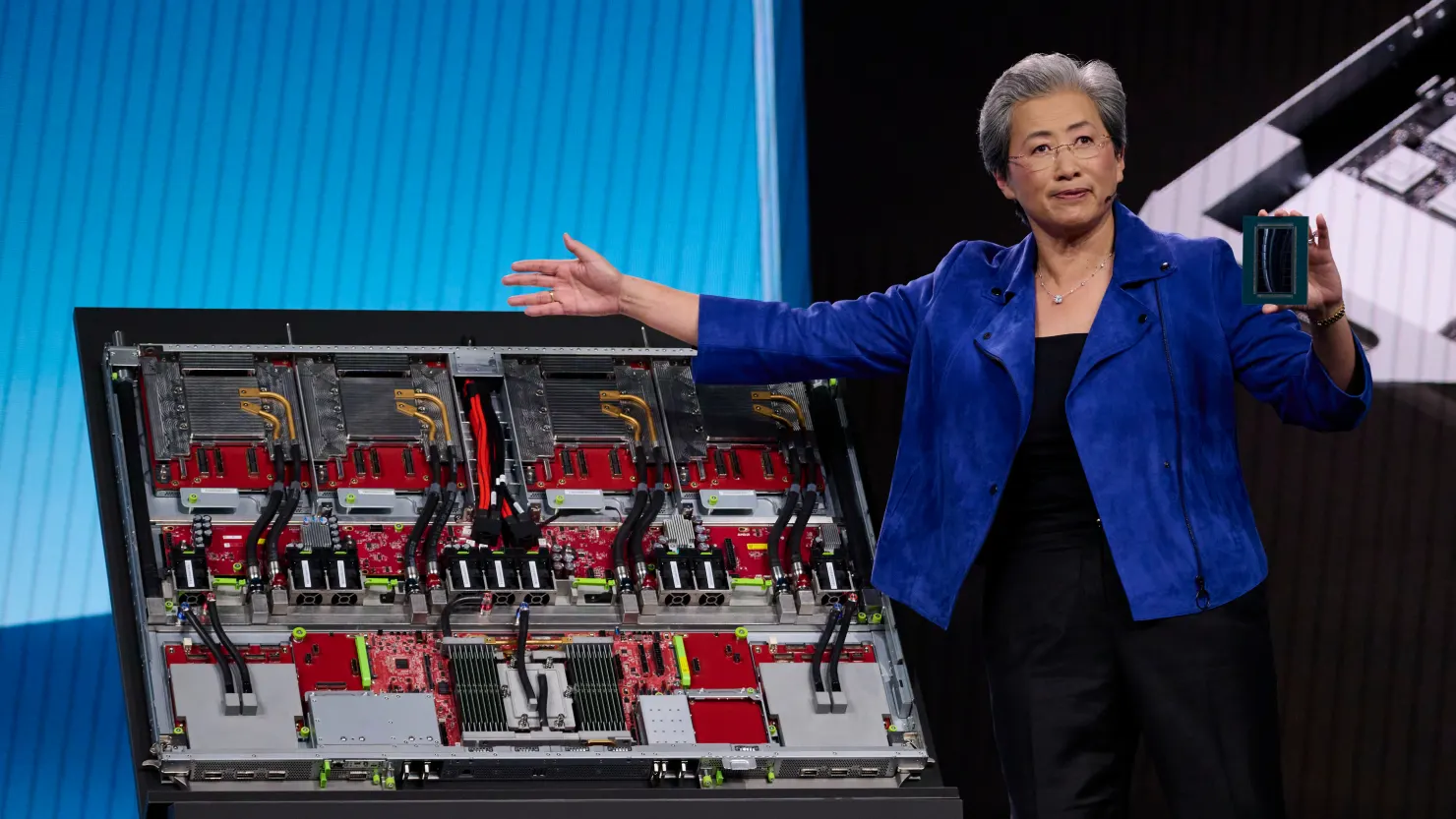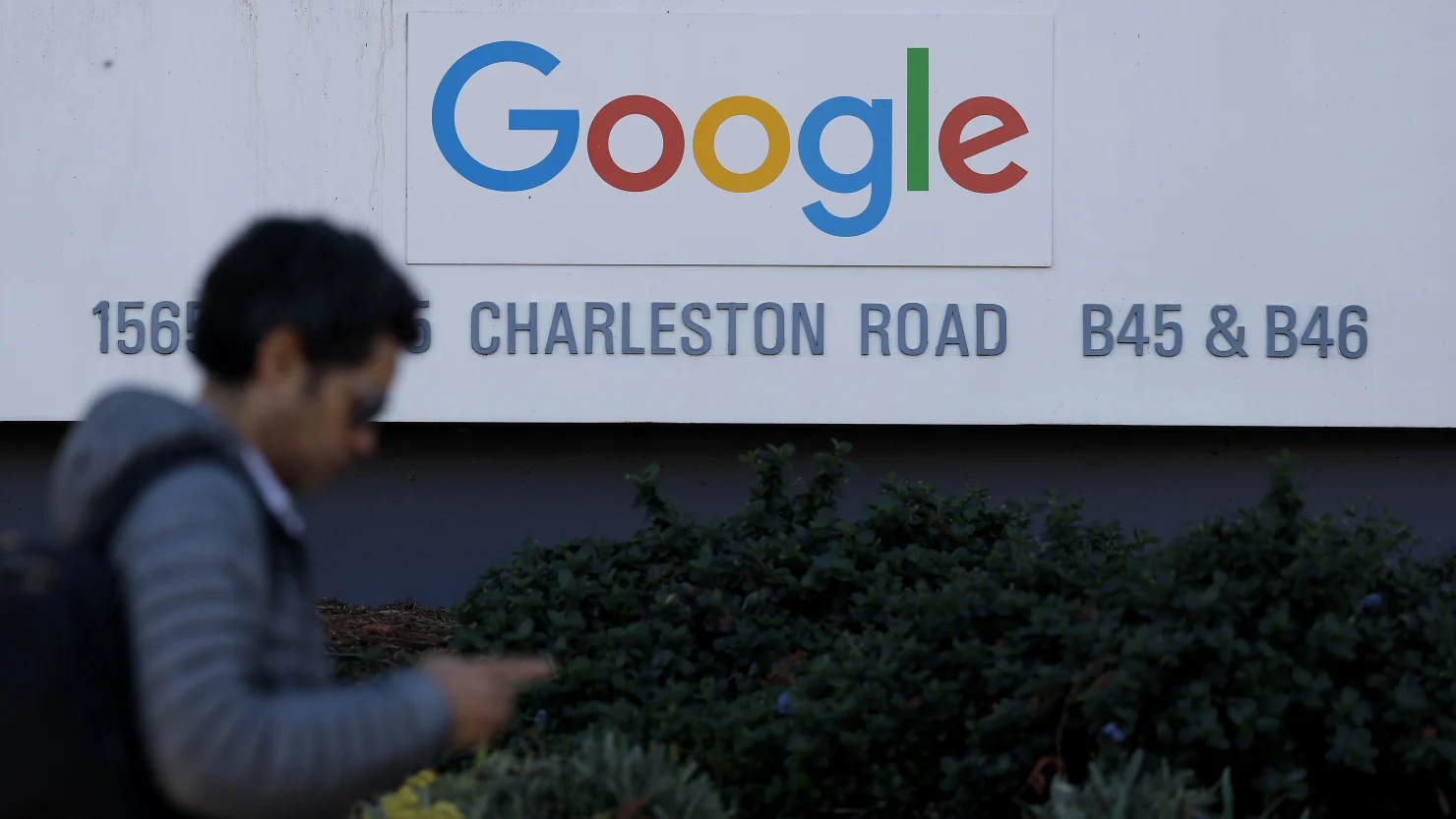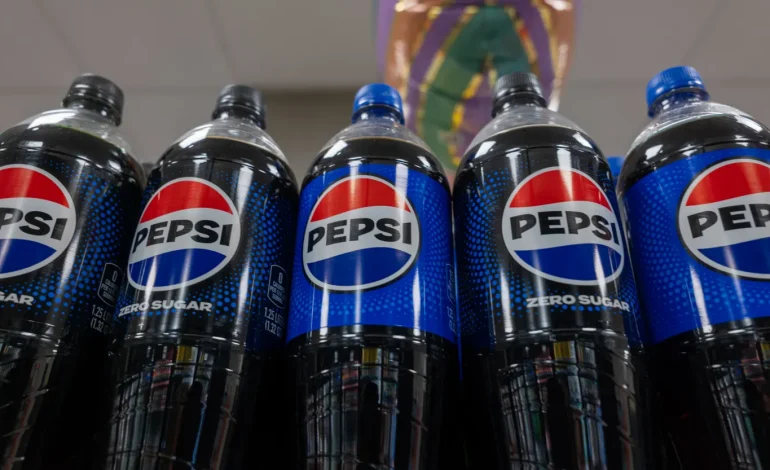PepsiCo Inc. has revised its full-year earnings outlook, citing growing uncertainty related to global trade policy, rising costs, and evolving consumer spending patterns.
The adjustment comes as the company posted mixed first-quarter results, with revenue exceeding expectations but earnings slightly falling short.
For the first quarter, PepsiCo reported adjusted earnings of $1.48 per share, narrowly missing Wall Street’s consensus estimate of $1.49. Revenue came in at $17.92 billion, slightly above the $17.77 billion expected by analysts. Despite the revenue beat, net income fell to $1.83 billion, or $1.33 per share, down from $2.04 billion, or $1.48 per share, during the same period a year ago.
Organic revenue, which excludes foreign exchange, acquisitions, and divestitures, rose by 1.2% in the quarter. However, global volume declined—down 3% for its convenient foods segment and flat for its beverage unit. In North America, volume declined by 1% in the food division and 3% in beverages.
CEO Ramon Laguarta acknowledged the challenges ahead, noting:
“We expect more volatility and uncertainty, particularly related to global trade developments, which we anticipate will increase supply chain costs.”
He also highlighted subdued consumer conditions, particularly in key markets, as another contributing factor.
Reflecting these challenges, the company now anticipates its core constant currency earnings per share for 2025 will remain flat compared to 2024. This marks a revision from earlier expectations of mid-single-digit growth. PepsiCo reaffirmed its forecast for low-single-digit organic revenue growth.
Shares of the company slipped roughly 2% in premarket trading following the announcement.
In North America, PepsiCo is taking steps to reinvigorate demand. Efforts include expanding its portfolio with multicultural and functional products—such as Simply, Sabra, and Siete—and adapting to changing dietary trends by adding more protein-rich options. The recent acquisition of Poppi, a prebiotic soda brand, reflects this strategy.
Pepsi is also responding to regulatory changes in the US around artificial food coloring. Following the FDA’s move to phase out synthetic dyes, the company announced plans to eliminate artificial colors from Lay’s and Tostitos by 2026. Currently, 60% of Pepsi products are free of such dyes, with a broader transition toward natural ingredients expected over the next few years.
Despite the challenges in its core US market, PepsiCo saw bright spots in products like Pepsi Zero Sugar, Miss Vickie’s chips, and Quaker rice cakes, all of which contributed to revenue gains.
Looking ahead, company leadership emphasized a focus on enhancing in-store availability, improving product placement, and better engaging with consumers in an increasingly competitive landscape.










The latest news in your social feeds
Subscribe to our social media platforms to stay tuned